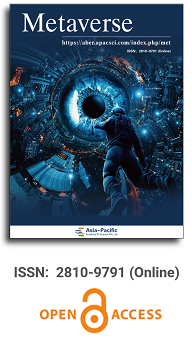
Asia Pacific Academy of Science Pte. Ltd. (APACSCI) specializes in international journal publishing. APACSCI adopts the open access publishing model and provides an important communication bridge for academic groups whose interest fields include engineering, technology, medicine, computer, mathematics, agriculture and forestry, and environment.
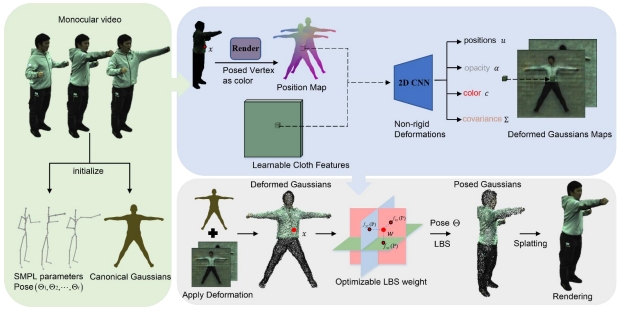

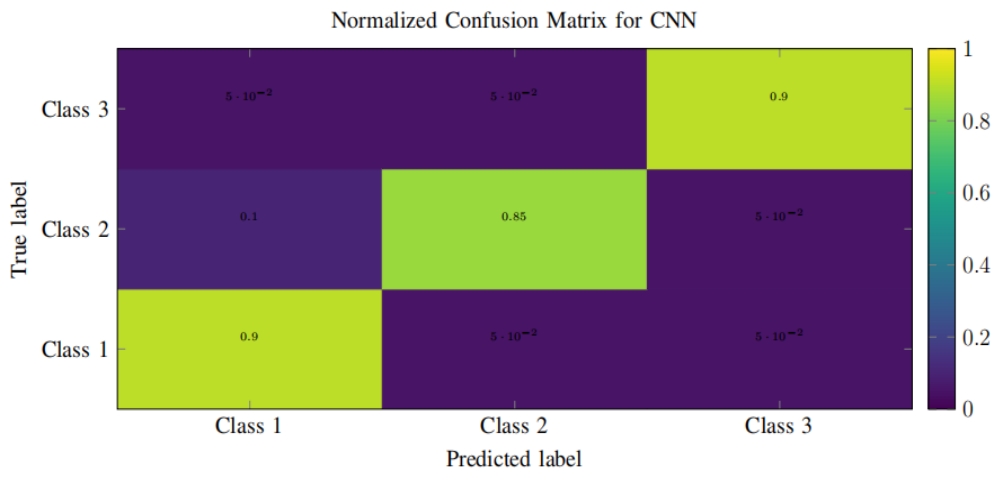
Metaverse Scientist Forum No.3 was successfully held on April 22, 2025, from 19:00 to 20:30 (Beijing Time). The session delved into key topics from the Metaverse Scientist Forum, particularly focusing on visual fatigue and emotional experience assessment in stereoscopic displays, as well as semi-supervised and generative models for 3D hand gesture recognition. Additionally, it covered the latest advancements in user experience assessment, generative AI technologies, and the development of end-side AI devices.
Participant Introductions
Opening Speech: Prof. Pan Zhigeng delivered an opening speech via video, expressing his gratitude to the organizers for the invitation and outlining the purpose and expectations of the forum.
Assessment of Visual Fatigue and Emotional Experience in Stereoscopic Display
Prof. Danli Wang discussed the evolution of stereoscopic display technology and its extensive applications, emphasizing the critical importance of assessing visual fatigue and emotional experiences. She explained the mechanisms and methods for evaluating visual fatigue and emotional experiences, as well as the role of artificial intelligence in user experience assessment. Prof. Wang also shared her team’s future research directions, including deep and large-scale modeling, user experience assessment, and personalized recommendations. Semi-Supervison and Generative Modeling for Hand Pose Estimation
Interactive Session
Summary and Conclusion
|

Prof. Zhigeng Pan
Professor, Hangzhou International Innovation Institute (H3I), Beihang University, China

Prof. Jianrong Tan
Academician, Chinese Academy of Engineering, China
Conference Time
December 15-18, 2025
Conference Venue
Hong Kong Convention and Exhibition Center (HKCEC)
...
Metaverse Scientist Forum No.3 was successfully held on April 22, 2025, from 19:00 to 20:30 (Beijing Time)...
We received the Scopus notification on April 19th, confirming that the journal has been successfully indexed by Scopus...
We are pleased to announce that we have updated the requirements for manuscript figures in the submission guidelines. Manuscripts submitted after April 15, 2025 are required to strictly adhere to the change. These updates are aimed at ensuring the highest quality of visual content in our publications and enhancing the overall readability and impact of your research. For more details, please find it in sumissions...


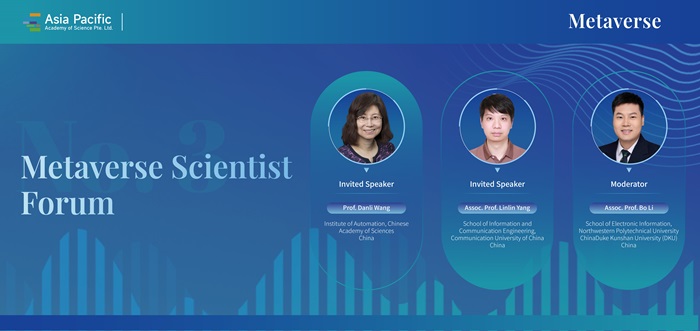
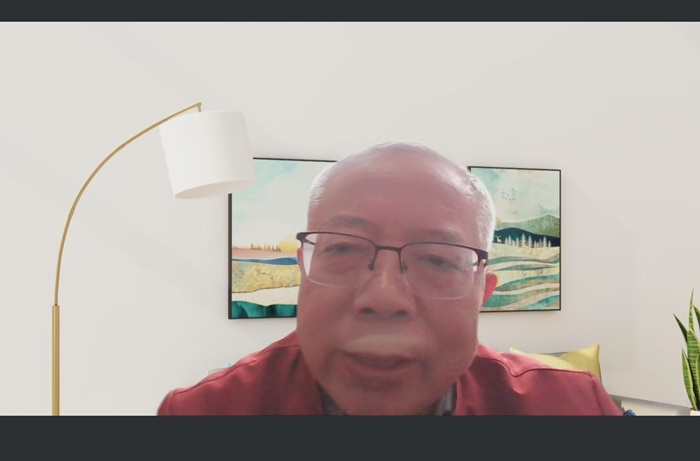
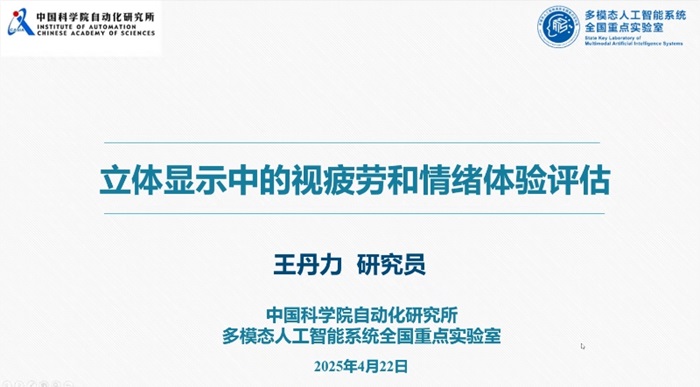
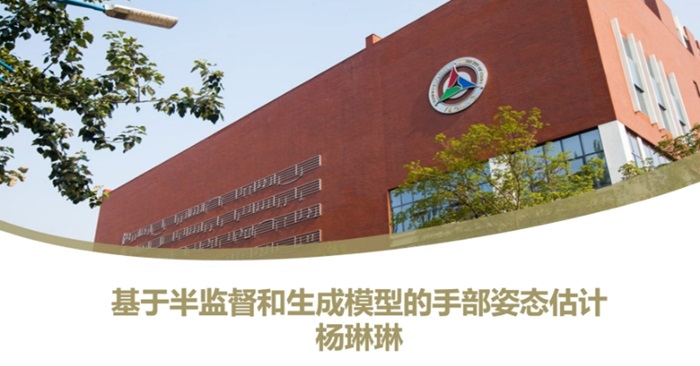
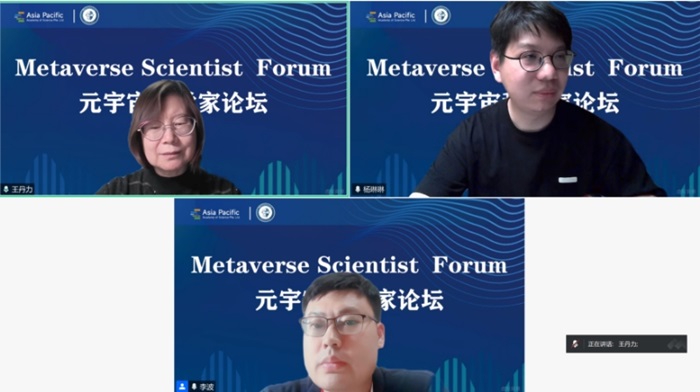




.jpg)
.jpg)

